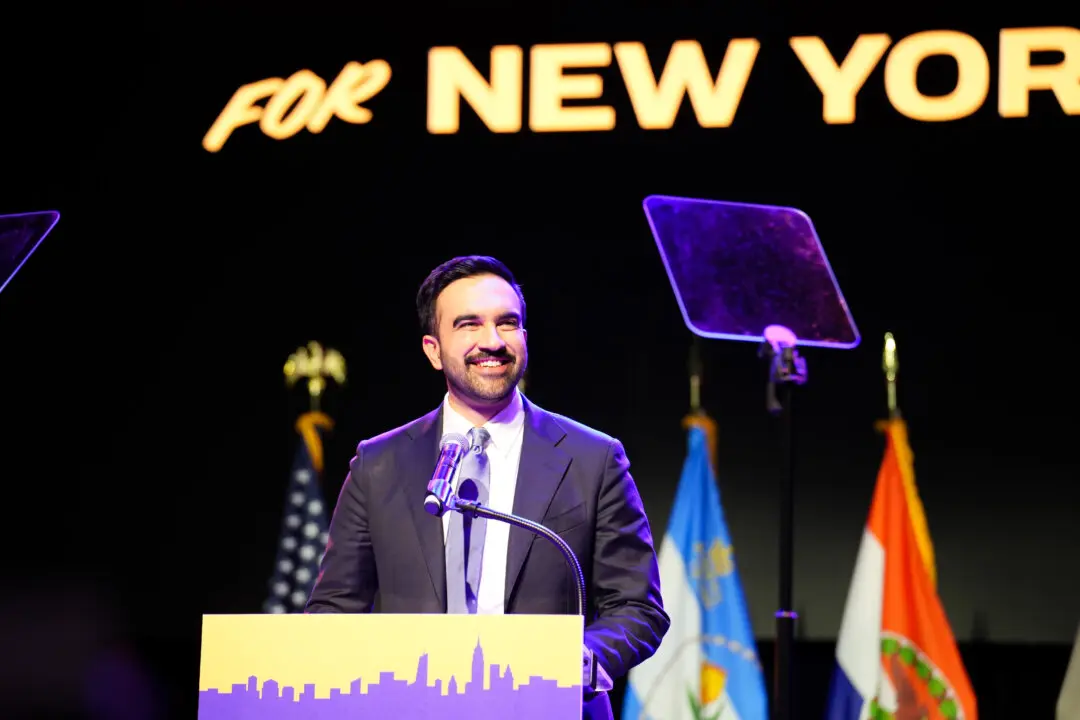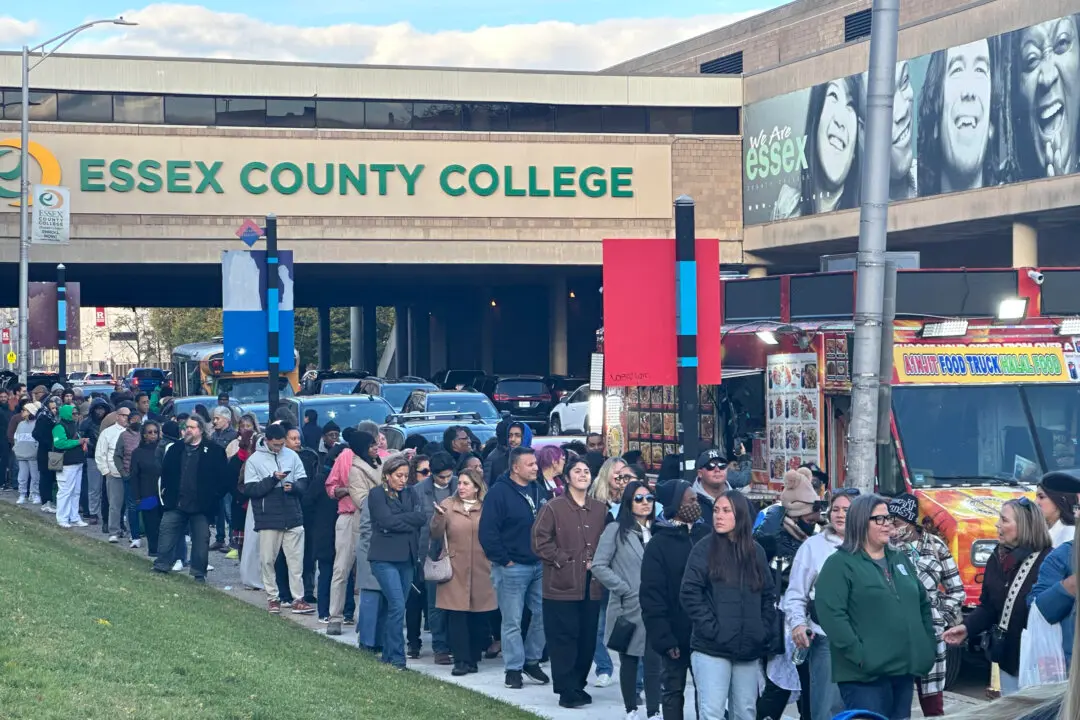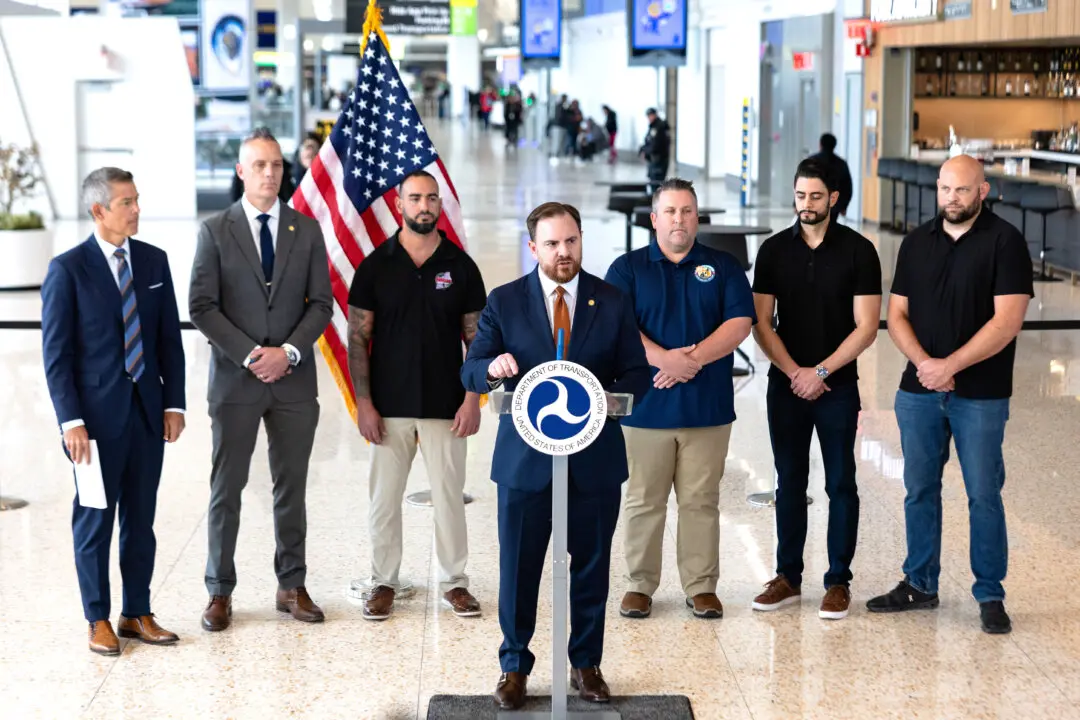Actor and host Nick Cannon recently announced he’s been diagnosed with narcissistic personality disorder (NPD) and is using the revelation as a tool to improve himself.
“The Masked Singer” host told PEOPLE that being open about his mental health journey is partly how he manages his day to day life.





